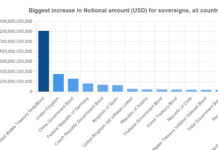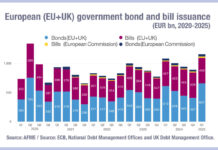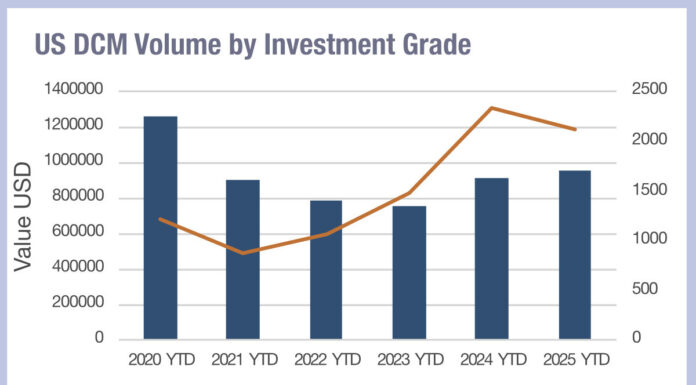The UK’s Financial Conduct Authority (FCA) has warned wholesale brokers of heightened liquidity risk in a letter to chief executives in the sector from Simon Walls, director, wholesale sell-side.

“The structure of financial markets has changed a lot since the last major downturn, with a changed role for banks, the growth of non-bank finance, and often a reduction in liquidity in times of stress,” he wrote. “It is plausible that the next two years sees heightened systemic risk and episodes of market stress, as we have seen in energy, metals and government bond markets in 2022. Boards should consider this context and reflect how their business models may expose them to risk, and how this can be mitigated.”
“Since we set out our last supervisory strategy for the sector in 2019, periods of sustained volatility have also resulted in heightened financial, credit and operational risks in many parts of the markets where wholesale brokers are active,” he continued. “In volatile environments the nature of risk taken can transform between different risk types, sometimes rapidly, with operational or counterparty risks sometimes leading to market risk for even those firms who do not typically take it. Over the recent period we have also particularly focussed on the subset of clearing brokers that face heightened liquidity risks as a result of having to post collateral to clearing houses at short notice to cover their positions before having been paid by their own customers. During these periods, we found that some firms’ liquidity risk management and stress testing was not fit for the current market environment.”
He noted that the FCA had seen firms fail to develop their own competence on liquidity risk management sufficiently, or to recruit expertise externally to help address the issue resulting in an underestimation of exposure to intraday liquidity risks arising from their business and from key clients and counterparties.
“By consequence, the amount of liquidity they hold may not be sufficient to survive instantaneous shocks as well as periods of extended market volatility and stress,” he said. “This could result in disorderly wind downs and raise the risk of contagion and potential systemic defaults along with widespread market disruption. Even in milder wind down scenarios, clients can end up losing money if firms have poor client asset controls. To improve financial resilience, firms should review the level of liquidity that they hold under the new Investment Firm Prudential Regime (IFPR) and ensure that their assessment is commensurate with the risks they face.”
The FCA will be carrying out targeted work and take action where firms are underestimating their liquidity needs. It noted that the past 12 months have produced a series of events that were previously considered “implausible based on historic modelling”.
“On both financial and operational matters, firms should remember that many market stresses will include a systemic event rather than an idiosyncratic one, and they should consider a feedback loop with other participants as a matter of course,” Walls wrote.
The regulator observed some improvement in practices but also many “false starts and laggards” with broking firms generally behind others in governance reform aimed at stopping poor conduct and improving culture. This included controls against financial crime and hiring practices.
“This can lead us to question whether boards have appropriate oversight of these areas, or indeed if they understand the value that they bring,” wrote Walls. “We see these functions, when properly empowered, as having the potential to make better business decisions day-to-day, as well as reducing exposure to risk in extreme events, whether legal risks, reputational, or prudential.”
©Markets Media Europe, 2023
<a href=”#top”></a>
©Markets Media Europe 2025


























